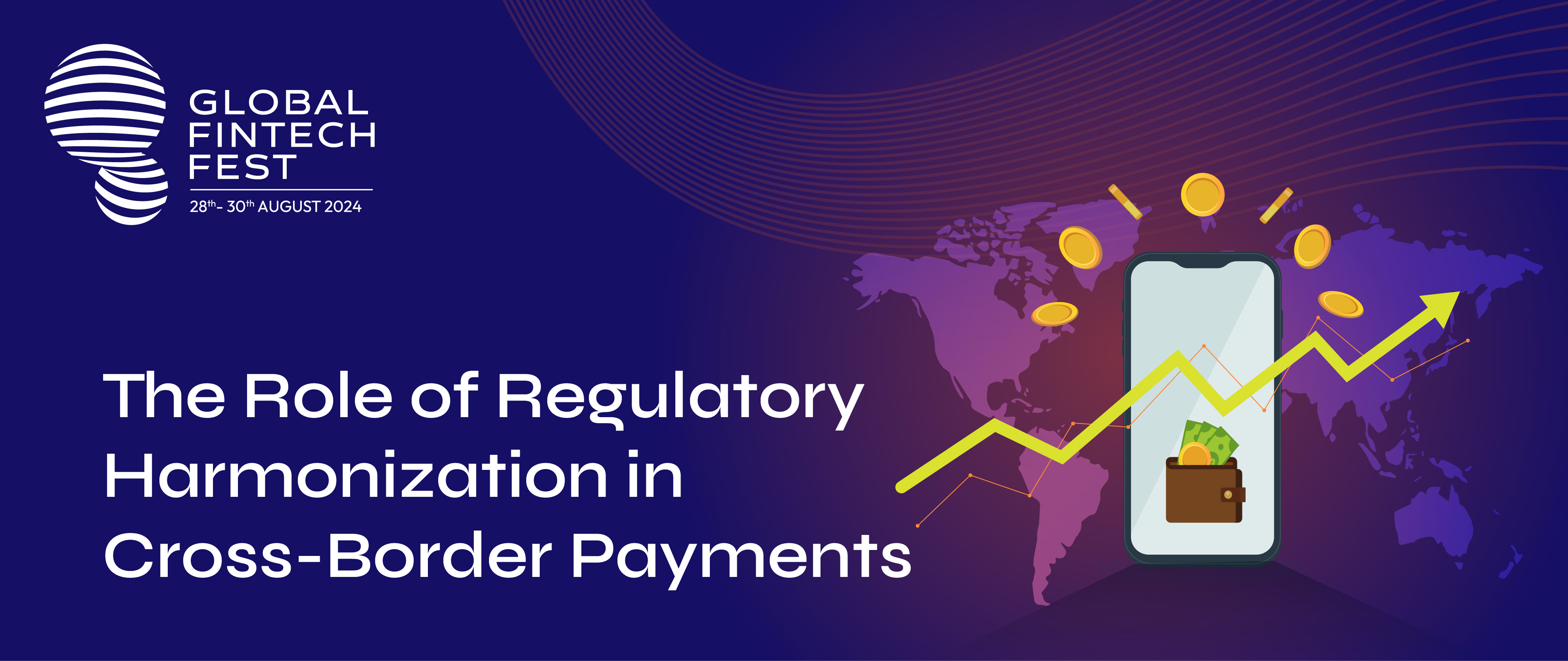
- May 09 2025
The Role of Regulatory Harmonization in Cross-Border Payments
Cross-border payment regulations can be nuanced and diverse. In such a landscape, regulatory harmonization becomes a crucial strategy to simplify and improve the efficiency of cross-border payment solutions.
Overcoming challenges posed by regulatory diversity
The regulatory frameworks for cross-border payments vary significantly across countries, reflecting differences in economic policies, financial stability, and levels of technological adoption.
For example, India’s cautious approach to currency convertibility, shaped by lessons from the 1990s Asia financial crisis, contrasts with more liberal frameworks in other regions.
This diversity in regulations can lead to inefficiencies, increased costs, and compliance burdens for entities involved in international payment methods. It necessitates partnerships between banks and non-bank entities to navigate these challenges, particularly in India where a partnership with a Schedule I commercial bank is required to initiate remittances under the Liberalized Remittance Scheme (LRS).
Recognizing these challenges, international efforts are increasingly focused on harmonizing regulatory standards to enable more seamless cross-border digital payments. Some of these efforts were highlighted at the Global Fintech Fest 2023:
- Despite its cautious approach, India has made significant strides in supporting innovation within this space—such as through sandbox initiatives and blockchain settlements in the International Financial Services Centre (IFSC) at GIFT City, Gujarat.
- India has collaborated with Singapore on real-time cross-border payments and the integration of payment systems like PromptPay (a fast, local funds transfer service) in Thailand and Malaysia. Such an initiative facilitates quicker, more secure, and cost-effective transactions, benefiting consumers and businesses alike.
- India's pilot initiative for the internationalization of the Rupee, allowing it to be used in transactions abroad, is another significant step toward harmonizing cross-border payment regulations. This move, supported by the RBI, aims to simplify international payments for Indian travelers and businesses, further integrating India into the global financial system.
“We’ve seen a good balance across the region in terms of regulators promoting initiatives to be able to help make the experience for consumers more seamless but at the same time also making sure that there's stability in the currency and reserves.”
Christine Tan (Jang), Head of FIG Sales APAC, Payments, J.P.Morgan at GFF 2023
Looking ahead
The role of government regulators in nurturing foreign relations via secure payments has made way for forward-looking collaborations. These efforts toward regulatory alignment have significantly improved cross-border payment efficiency while promoting financial inclusion by lowering barriers for smaller fintech firms.
The push for regulatory harmonization is likely to grow, driven by the demand for more efficient global financial systems. Ongoing international collaboration will be key to ensuring that cross-border payments remain seamless, secure, and inclusive, supporting global economic growth in an interconnected world.
Frequently Asked Questions
The Global Fintech Fest (GFF) is an annual fintech conference organized by the Payments Council of India (PCI), the National Payments Corporation of India (NPCI), and the Fintech Convergence Council (FCC). Started in 2020, GFF has emerged as the world's largest fintech conference and the leading thought leadership platform in the fintech landscape.
The Global Fintech Fest features participation from a wide range of sectors including Digital Banking and BFSI, Payments, Lending, Technology, AI, Fintech, Financial Services Providers, and many more.








